NDP breaks with Trudeau: Election speculation grows
PM turns to opposition for support in passing budgets and surviving key votes
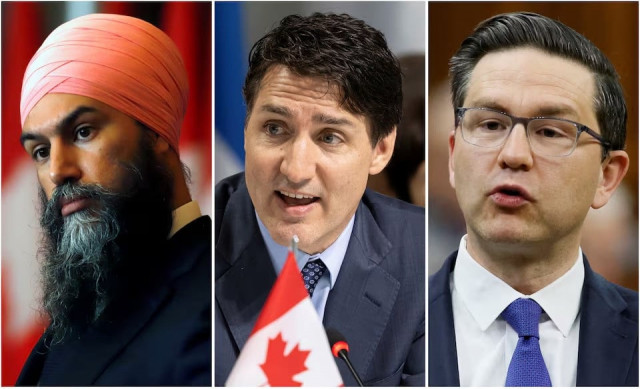
Canadian Prime Minister Justin Trudeau encountered an unexpected setback on Wednesday when the New Democratic Party (NDP), a minor political group supporting his minority Liberal government, withdrew its automatic backing. This development now compels Trudeau to seek new alliances in order to govern effectively.
Despite speculation about early elections following the NDP’s decision, Trudeau dismissed the idea and committed to continuing governance and promoting social programmes. He will now rely on other opposition members to pass budgets and survive confidence votes.
Speaking from Newfoundland and Labrador, where he had been scheduled to discuss school meal programmes, Trudeau expressed hope that the NDP would remain focused on helping Canadians, as they have done previously, rather than getting caught up in political manoeuvring.
NDP leader Jagmeet Singh, in a video statement, declared he was ending the 2022 agreement between his party and Trudeau, accusing the Prime Minister of failing to stand up to the opposition Conservatives. Polls suggest the Conservatives are likely to win a future election, which must be held by October 2025.
Singh criticised the Liberals for being too weak, self-serving, and aligned with corporate interests, and stated they were incapable of bringing about real change or restoring hope. Under the 2022 agreement, the NDP had pledged to keep Trudeau in power until mid-2025 in exchange for increased social spending. Despite successfully pushing for initiatives like a national dental programme, the NDP remains in third place in polls.
The NDP later clarified that it would assess its support on a case-by-case basis for future confidence votes, potentially continuing to back Trudeau if his position became precarious. A fiscal update is expected later this year, and a failed vote on it would trigger an election.

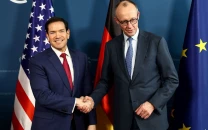
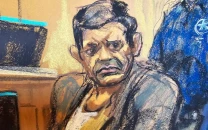

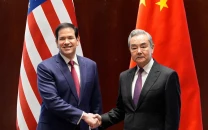

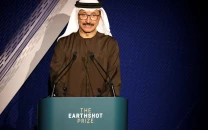












COMMENTS
Comments are moderated and generally will be posted if they are on-topic and not abusive.
For more information, please see our Comments FAQ